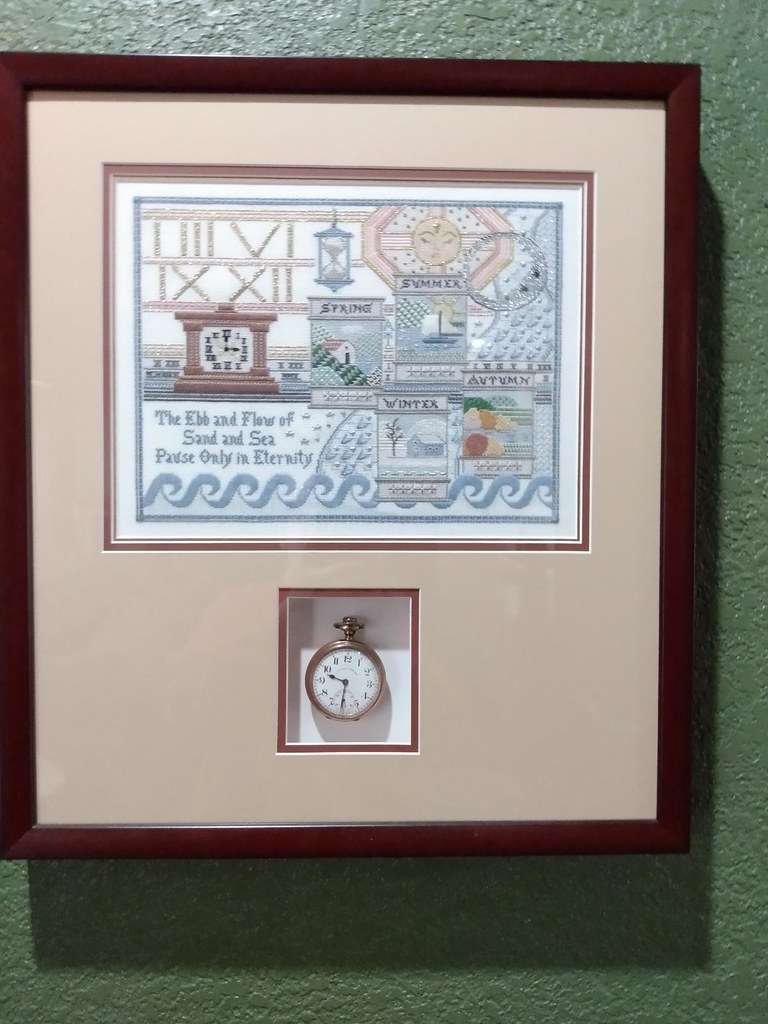Years ago, steps from the entrance to Vatican City, I spent ten euros on a fake automatic “Rollex” (everything was spelled correctly; automatic means it had a mechanism where winding and movement replaced the need for a watch battery). It could tell the time and date but lacked an alarm or fancy features. I never tested the dubious 200m waterproofing claim etched on the back. None of the phrasing or words were misspelled and it looked okay, though the watch and band weee clearly were not made of silver, gemstones or pixie dust.
I have bought other counterfeit watches before. I gave a bunch of ones as gifts, fashionable looking but proudly saying SWISS MADES on the face, which amused me. Some have lasted a day or turned Gremlin when wet. But many have lasted years, and a few look great.
-
How do the economics of a good fake watch work? How could they make an automatic one (requires no battery) for such a ridiculous price?
-
Any stories or experiences regarding your purchase of a fake watch?
-
What is the best counterfeit item you have purchased from a stranger on the street? From a formal store or market?
-
A police officer, who specialized in this sort of thing, once told me counterfeiting was wrong and problematic. He quoted the example of electrical items that faked the seal of a standards authority but were shoddily made and represented a hazard. I’m sure this is true and he had a good point. Is he right in a wider sense as well?

